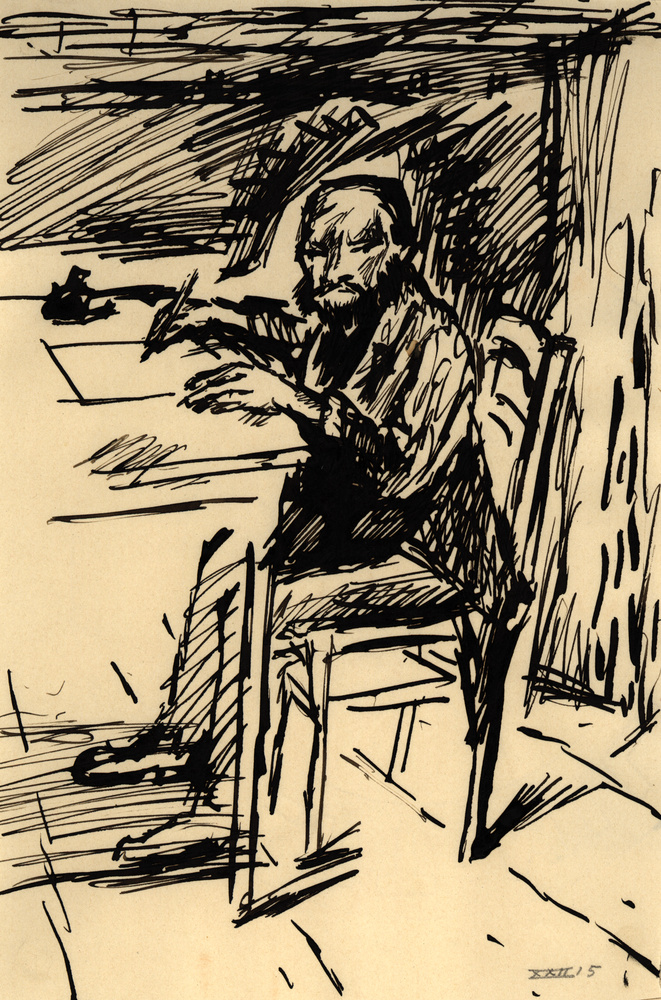
Most Crucial
It is countercultural to call Thomistic christology ‘this most crucial of theological disciplines’. Long live counterculture! In an incisive review article, Fr Robert Imbelli reminds us that it is carefully thought-out, carefully articulated dogma that makes the Gospel evangelion. But how many modern and contemporary christologies ‘support the Tradition’s claim regarding the unique Incarnation of God in Jesus Christ’? Do they not often ‘fail to rise above a view of Jesus as inspired prophet’? Think of sermons you’ve heard. Think of the collapse of ecclesiology. Often enough, ‘by scanting ontological reflection, [we] lack sufficient resources to undergird the New Testament confession of Christ’s uniqueness and its elaboration in the Church’s creedal and conciliar Tradition’. Christmas is the time to think about such things. What are we celebrating? Are we exclaiming, exultantly, ‘Oh come let us adore him’, or just singing, ‘Happy birthday’?
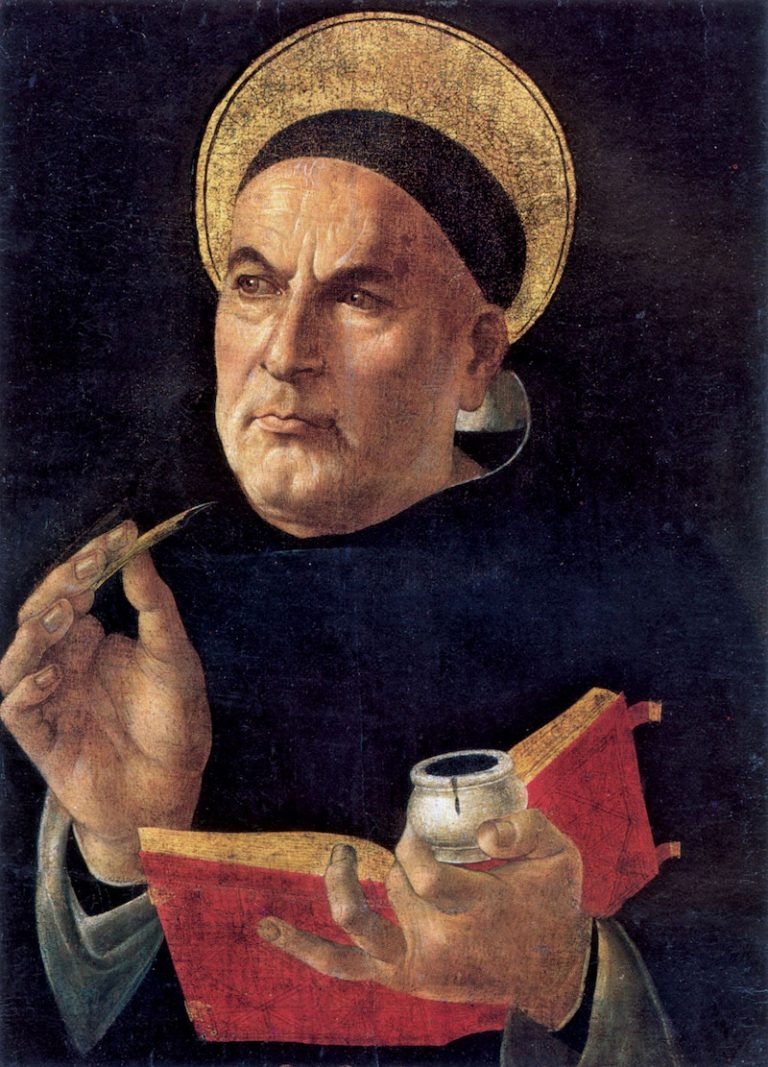
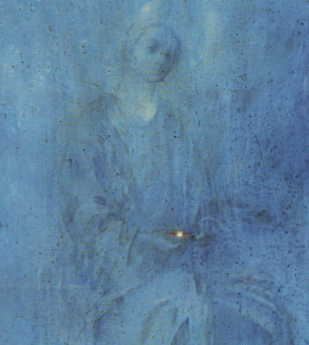
Incomprehensible
‘Be it done to me according to your word’, says the Blessed Virgin Mary, about to become Theotokos. She shows us what it means to walk, in St Paul’s phrase, ‘by faith, not by sight’ (2 Cor 5:7). St Ambrose expresses this in different terms:
Incomprehensibilis incomprehensibiliter operabatur in Matre.
Which is to say that ‘the Unfathomable worked unfathomably in his Mother.’ We have limited tolerance, now, for what is incomprehensible. We like things to be clearcut, simply expressed, horizontal, ideally risk-free. We’ve a massive act of renunciation to make if we would enter the Mystery of Faith and make our home within it.
Elevation
The philosopher Pascal Bruckner, author of The Tyranny of Guilt, describes himself as ‘impervious to faith’. It is all the more interesting to note this remark in a recent essay, commenting on the current collapse of Catholic practice in France and elsewhere:
‘I am certain that the Church will only regain ground among the young if it offers them an art of living that is at once tolerant and demanding, without disclaiming any of its principles. A religion should aim to elevate men, not to flatter their foibles.’
Later: ‘There is no cult without mystery. By dint of drawing close to a common language with a view to seducing the faithful, one runs the risk of pushing them away.’

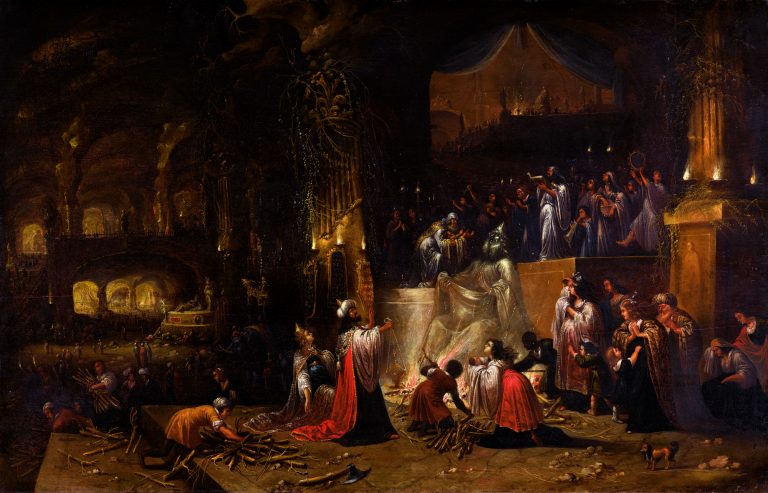
Unexpectedness
For us who hear it just before Christmas, the annunciation to Ahaz (Isaiah 7:10-14) is full of sweetness and light. Ahaz heard it differently, awaiting as he was the destruction of his country. Assyria was mounting a massive assault. The anxiety that reigned in Jerusalem, notes Isaiah, was such that Ahaz’s ‘heart and the heart of his people shook as the trees of the forest shake before the wind’. Ahaz wasn’t a good king. Religiously he made terrible compromises. Politically, he was a pragmatist void of principles. To this agnostic monarch, in these tormented circumstances, the promise was made: the Virgin will conceive; God will be with you; you will know the mystery of Emmanuel. Centuries passed before the promise was fulfilled. But it was henceforth in the air, resonant, orienting, hope-bestowing. God speaks to improbable people at improbable times. We’d better pay attention.
Angelus
The impact of the Angelus bell, inculturated into Lutheran practice, is beautifully evoked in Selma Lagerlöf’s Jerusalem:
‘Everyone in the parish knew that no parishioner neglected to say the Our Father when the church bells tolled; and that every afternoon, at the sound of the bells, work ceased both indoors and out of doors while the men removed their caps and the women curtsied and everyone stood still for as long as it took to recite the Lord’s Prayer. Everyone who had ever lived in the parish would further affirm that they never thought God greater or more worthily praised than on those summer evenings when they saw the scythes motionless, the ploughs at a standstill in the furrow, and a cartload of grain left right in the middle of discharging just for the sake of a couple of tintinnabulations. It was as if people knew, that Our Lord just then hovered over their parish on an evening cloud, immense and great and good, sowing blessings across the entire county.’
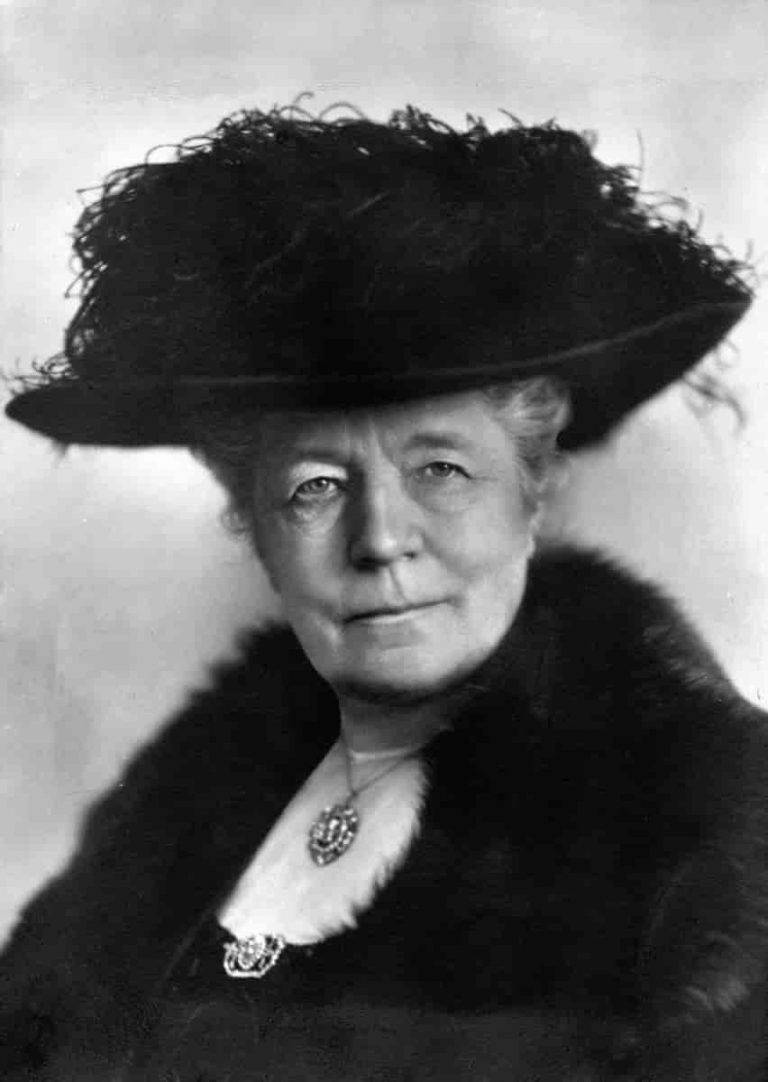
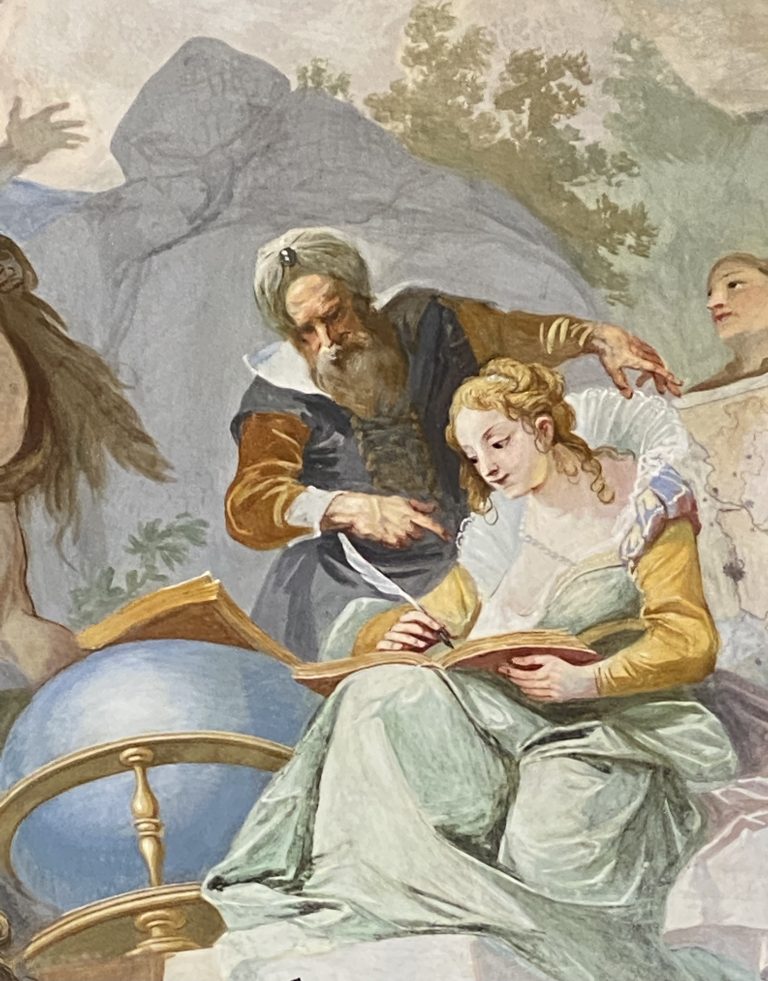
Prop & Pillar
Tantalising references in a recent article by George Weigel made me go and read William Faulkner’s banquet speech given in Stockholm on 10 December 1950, after he had received the Nobel Prize. This remarkable statement is addressed to writers, but really concerns us all:
‘[Man] is immortal, not because he alone among creatures has an inexhaustible voice, but because he has a soul, a spirit capable of compassion and sacrifice and endurance. The poet’s, the writer’s, duty is to write about these things. It is his privilege to help man endure by lifting his heart, by reminding him of the courage and honor and hope and pride and compassion and pity and sacrifice which have been the glory of his past. The poet’s voice need not merely be the record of man, it can be one of the props, the pillars to help him endure and prevail.’
Night
‘God is light and in him there is no darkness’ (1 Jn 1:5) Yet darkness is his creation (Isa 45:7). Darkness, whether that which surrounds us or that which we carry within, is not necessary evil. It can enter God’s providential plan by revealing light. The refrain of St Francis’s Canticle of Creatures, Laudato si’, is on everyone’s lips. That is good. But do we remember the following verse? ‘Praised be you, my Lord, for Brother Fire, through whom you illumine the night; and he is beautiful, joyful, robust and strong’. Without night’s darkness, who would notice from afar the fire which shows us the goal of our pilgrimage, the sign of a faithful but discreet communion, a sign that beckons but does not blind?
Laudato si’, mi’ Signore, per frate Focu, per lo quale ennallumini la nocte: ed ello è bello et iocundo et robustoso et forte.
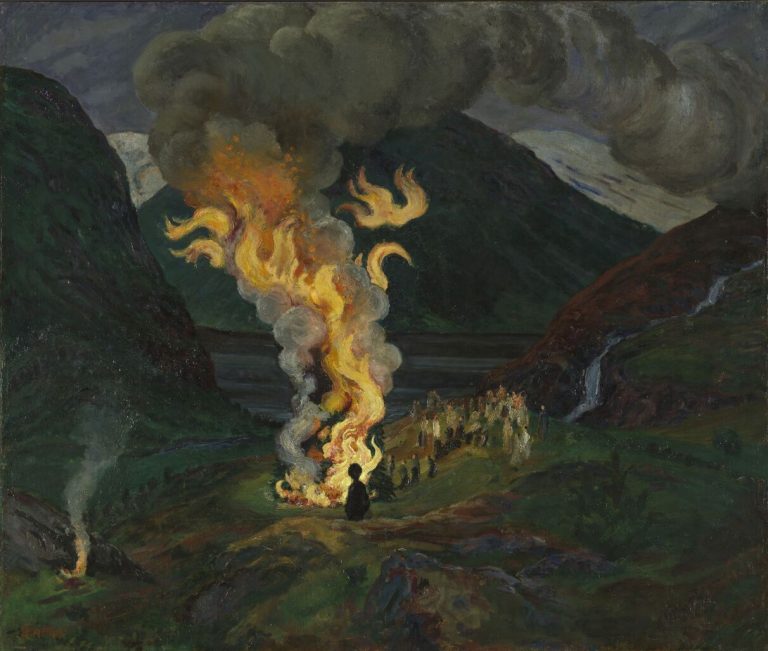
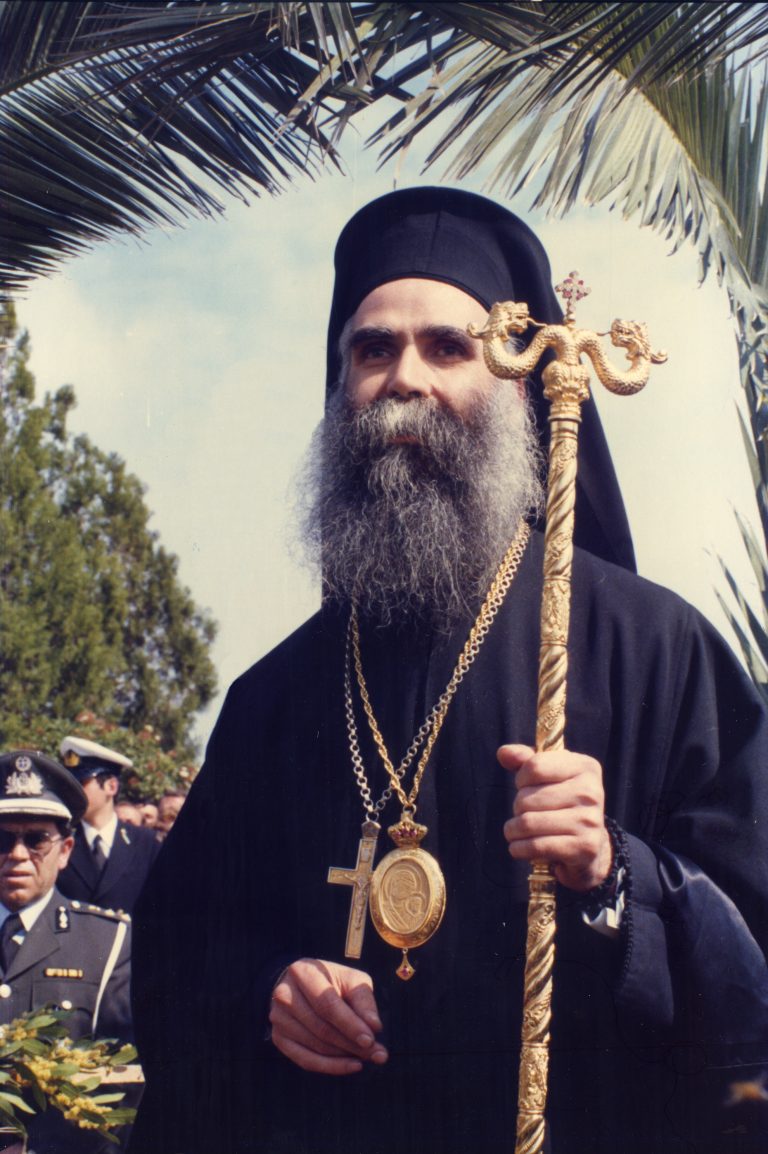
Authenticity
Stephen Lloyd-Moffett’s book about Bishop Meletios of Nikopolis challenges the reader wholesomely. Here’s an example: ‘The older generations, although they lost the correct conviction, maintained a compulsory surface of decency, but one which could not be imposed upon the youth. Because the youth want authenticity! And when looking at the inauthencity of their elders, they rebel. Truly, they rebel. We, as Christians, and I, as a priest and spiritual father and bishop, say to all of them: “Attain authenticity, internal authenticity, because only this will help you attain all others. Not a façade, not a mask.” The young always have something deeper. They seek authenticity. And it is a shame that they have been found without a guide.’
As the Lord said to Abraham: ‘Walk before me and be entire [הִתְהַלֵּ֥ךְ לְפָנַ֖י וֶהְיֵ֥ה תָמִֽים]’ (Gen 17:1).
Measure of Man
I am haunted by an impression left by a fine exhibition at the Musée Cernuschi: ‘Painting Apart from the World: Monks and Scholars of the Ming and Qing Dynasties’. It regards the place of human beings in the world. The paintings are largely scenes from nature, a reminder that sensibility to landscape was alive in the Orient long before it reached Western art. Almost invariably, a human figure, or a cluster of people, is included. But to see this human presence, one has to look for it. Man is given his measure by the world surrounding him. Today, we have inverted this perspective, with disastrous consequences. These reclusive artists of centuries past cast a gentle, beneficent light on the theses of Laudato si’.
A number of the works can be seen online here.
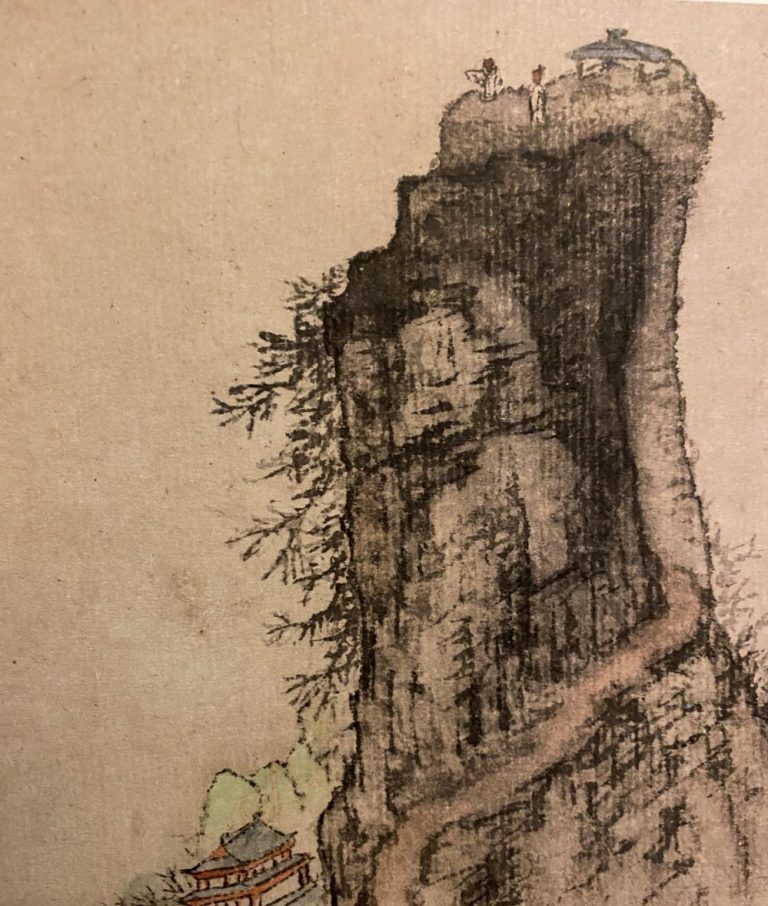
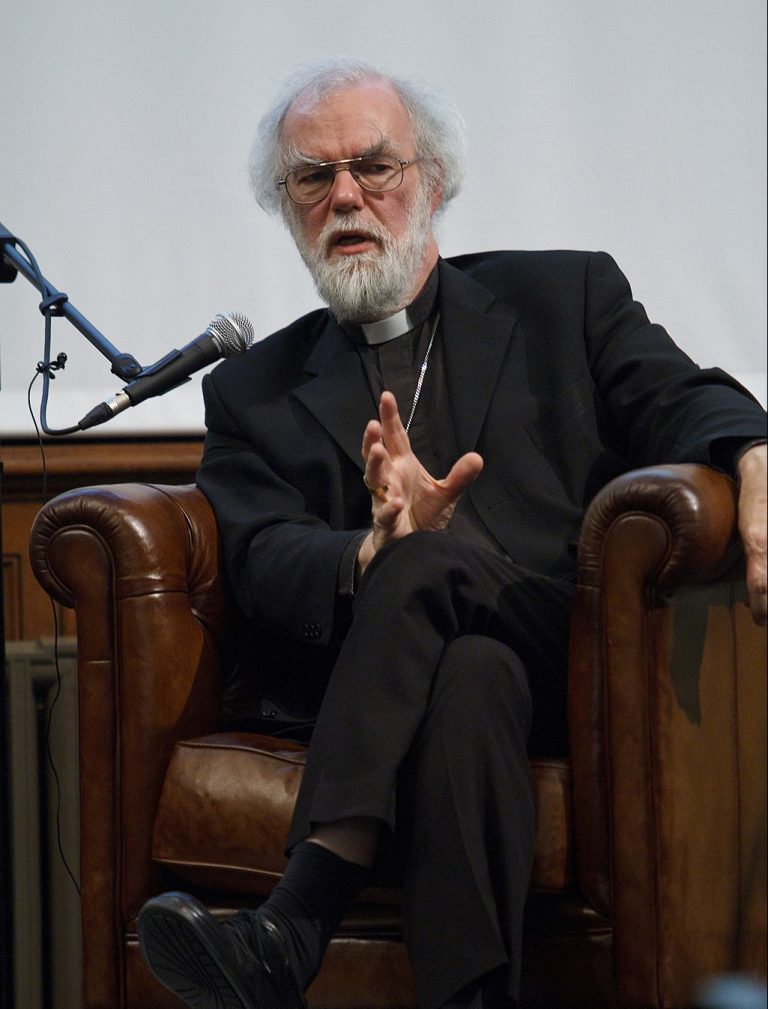
Looking East
Rowan Williams’s Looking East in Winter is in some ways an austere read, reflecting a lifetime’s intellectual engagement with Orthodoxy. It is at the same time full of warmth. Williams’s account of holy folly is wonderful. And what a comfort, right now, to be reminded: ‘For anything to be natural is for it to be as God intends, to be in the state in and for which God created it.’
A contribution to this week’s Books of the Year review in The Tablet.
Here you can find the conversation I conducted with Rowan Williams at the launch of the book.
1729
I love the story recounted in this marvellous book by Richard Dawkins about the meeting of two old friends, both Cambridge mathematicians. The Indian, largely self-taught genius Ramanujan was in hospital, on his deathbed, in Putney in 1920. His colleague G.H. Hardy called. ‘Hardy, always inept about introducing a conversation, said, probably without a greeting, and certainly as his first remark: “I thought the number of my taxicab was 1729. It seemed to me rather a dull number.” To which Ramanujan replied: “No, Hardy! No, Hardy! It is a very interesting number. It is the smallest number expressible as the sum of two cubes in two different ways.”‘ It takes a trained, alert mind to see a thing for what it has the potential to be.
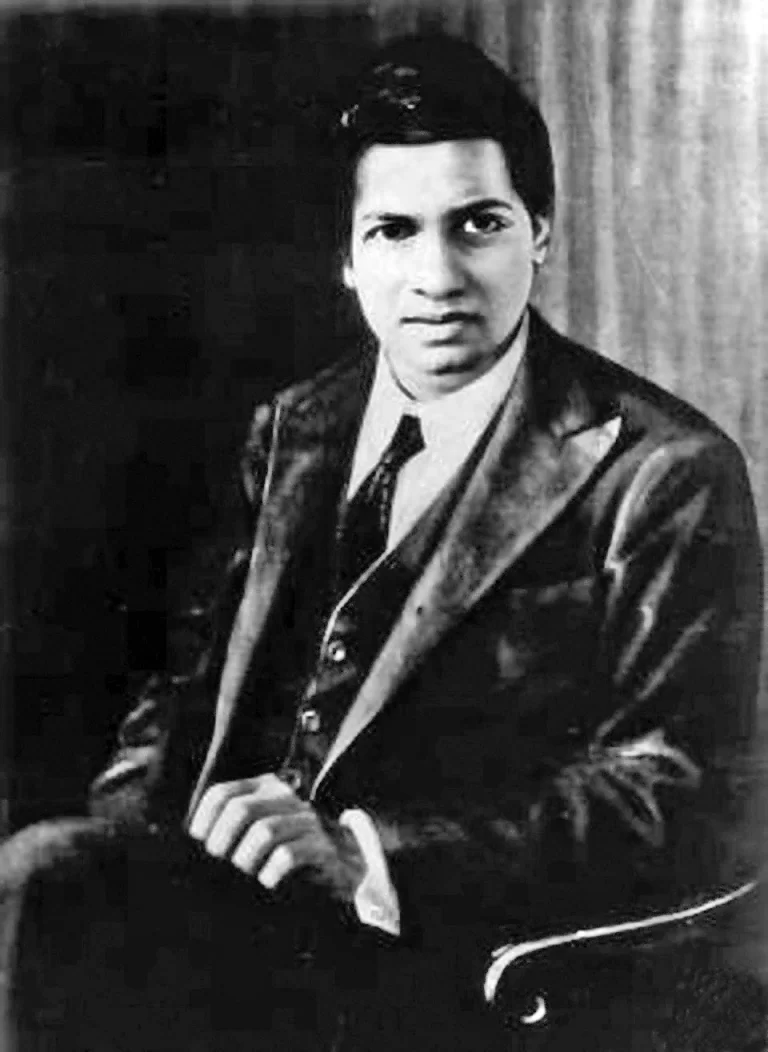

Glory
‘Spiritus Sancti resonet per omnem gloria mundum.’ I’ve recited these words, from today’s Vigils hymn, often, but only today realised their marvellousness. Who would have thought the Holy Spirit’s glory, throughout the world, resounds? One should listen out for glory more.
Marvellous, too, is the reading the Church gives us, from St Ambrose’s letter to a priest: ‘Store up water, the water which prophetic clouds pour forth, from many sources. […] Fill your soul, so that your land will not be dry, but watered by your own springs. For he who reads and understands many things takes his fill; and he who is full can give life-giving water to others. Therefore Scripture says: ‘If the clouds are full, they will pour down rain upon the earth.’
Mission & Task
That humanity is cruising at speed towards a brick wall is no longer an alarmist hypothesis; it carries the eery fatality of predictable fact. The sense of resignation widely felt in the wake of COP26 induces hopelessness. Why can’t we mobilise ourselves?
In this powerful lecture, given in Leeds Cathedral on 22. November, Dr Carmody Grey argues that the root cause is anthropological, lodged in our failure to recognise, and act upon, our specific mission and task as human beings. She speaks of the formation of desire, of the value of values, and of the need for a new humanism of solidarity, contending: ‘We consistently misdiagnose ourselves as independent.’
Dr Grey presents her case with stringent arguments and noble passion, a passion we need more of. The lecture starts at 4’30 into the video.
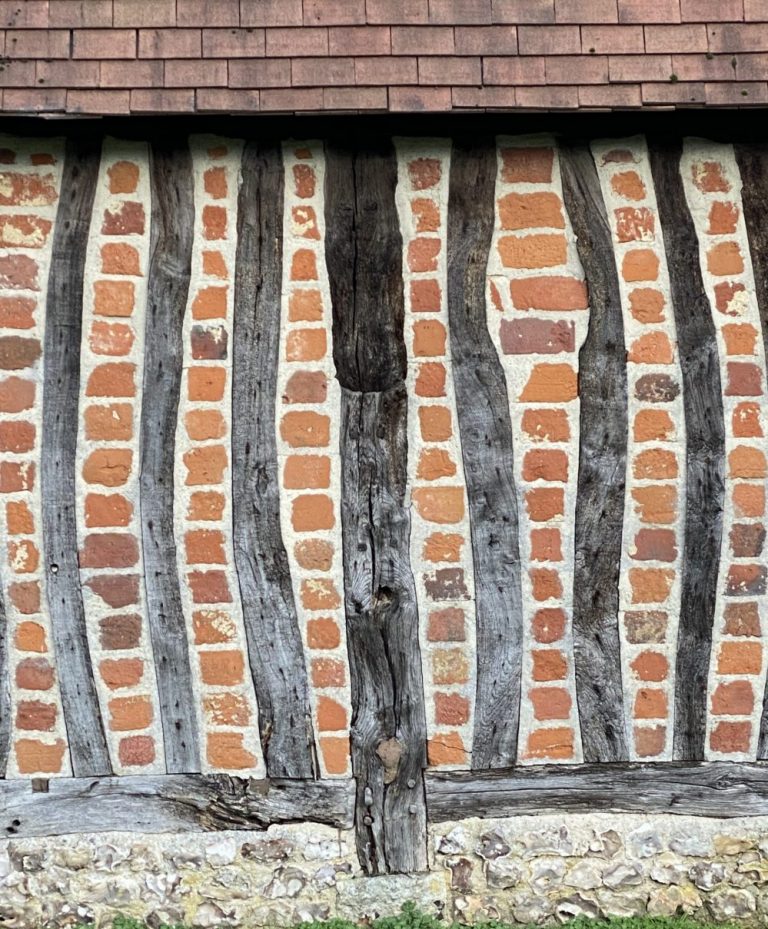

Thus Have I Made It
I first watched Roland Joffré’s The Mission as an undergraduate, mesmerised. After a quarter-century it has lost none of its force. ‘We must work in the world, the world is thus’, says the Portuguese governor toward the end. The Roman envoy retorts, ‘No, Signor Hontar, thus have we made the world. Thus have I made it.’ Rarely has it been more epically shown that there are some alliances the Church simply cannot enter. I think of something Fabrice Hadjadj has written of another Jesuit mission: ‘Even as a stain is darker on a first communicant’s dress than on a builder’s trousers, so sin is graver in the soul of a Christian, who commits it within greater light, and defaces the face of the Church.’
Noble Summit
This morning’s Vigils reading, a text by St John Damascene (PG 95, 417ff.), addresses the Church in synodal process:
‘In this way you have humbled yourself, Christ my God, to carry me, your stray sheep, on your shoulders. You let me graze in green pastures. At the hands of your shepherds, you refresh me with waters of orthodox teaching . You pastured these shepherds. Now they in turn tend your chosen, special flock. Now you have called me, Lord, by the hand of your bishop to serve your people. […] Purify my mind and heart. Like a shining lamp, lead me along the straight path. When I open my mouth, put your words in it. […] Do not let my heart incline me either to the right or to the left. Let your good Spirit guide me along the straight path. Whatever I do, let it be in accordance with your will, now until the end. And you, O Church, whose assistance comes from God, are a most excellent assembly, the noble summit of perfect purity. God rests in you. Receive from us an exposition of faith free from error, to strengthen the Church, just as our Fathers handed it down to us.’
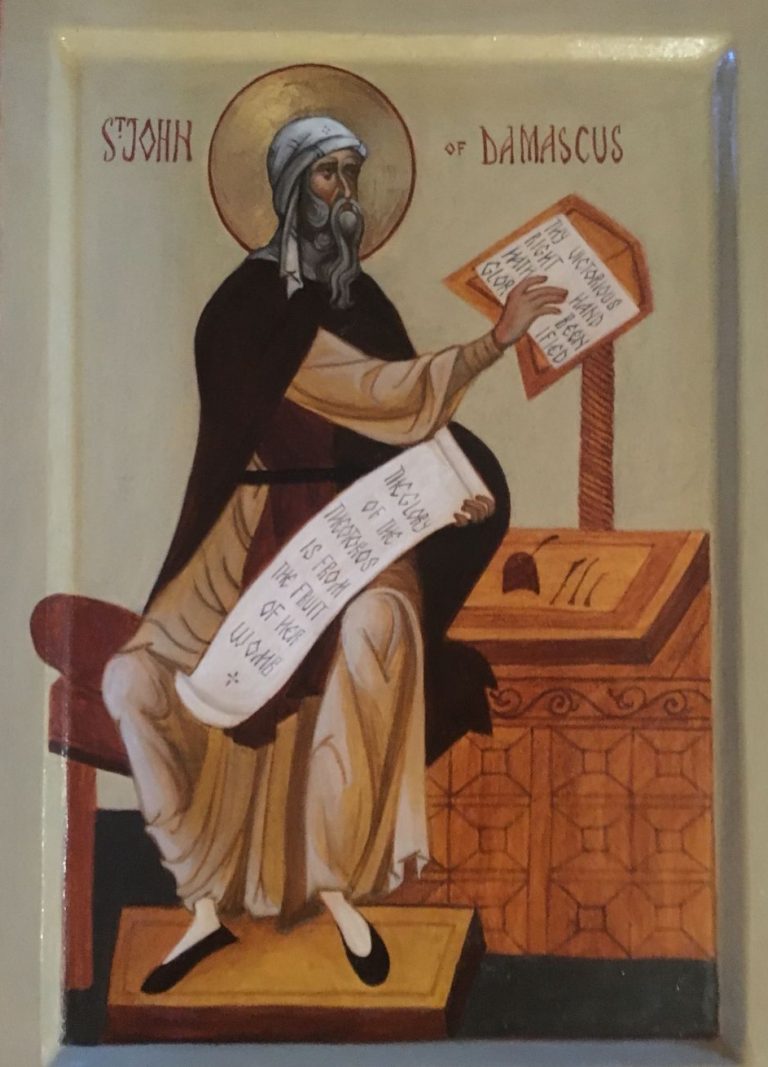
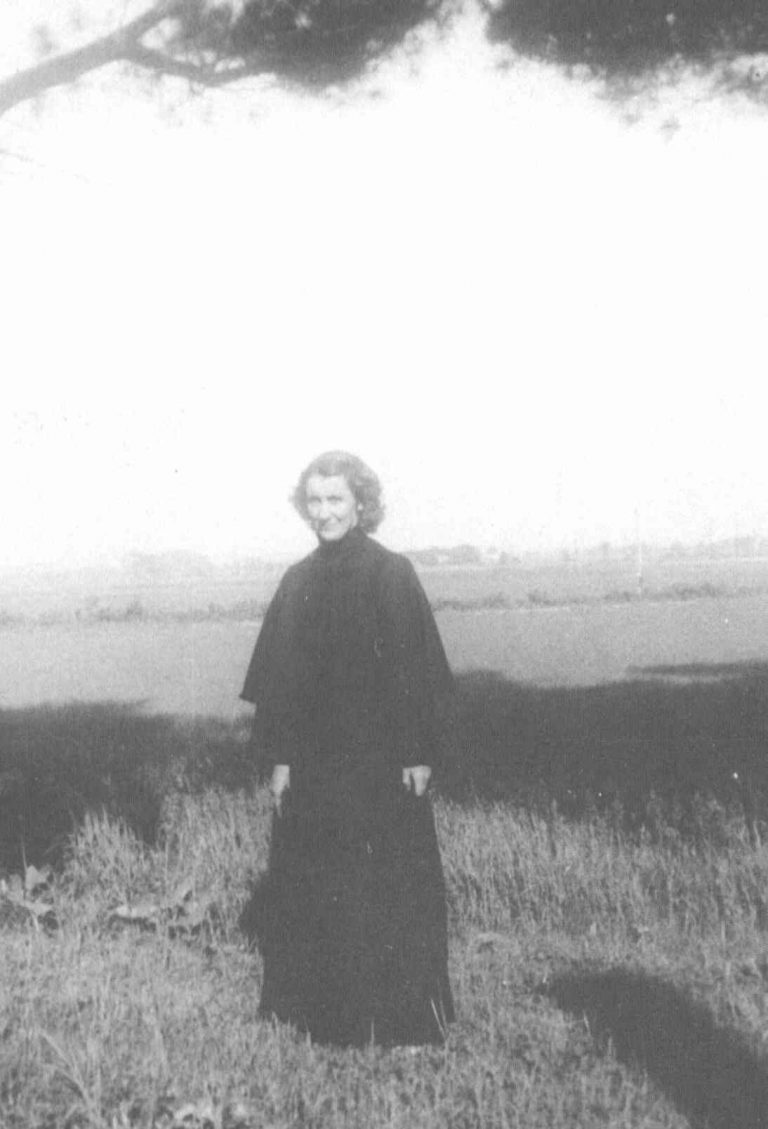
Into the Woods
I am copying down in a book from my heart’s archive
the day that I ceased to fear God with a shadowy fear.
Would you name it the day that I measured my column of virtue
and sighted through windows of merit a crown that was near?
Ah, no, it was rather the day I began to see truly
that I came forth from nothing and ever toward nothingness tend,
that the works of my hands are a foolishness wrought in the presence
of the worthiest king in a kingdom that never shall end.
I rose up from the acres of self that I tended with passion
and defended with flurries of pride:
I walked out of myself and went into the woods of God’s mercy,
and here I abide.
Jessica Powers (1905-88)
Wonder
‘Pay attention./Be astonished./Tell about it.’ During Advent this poem by Mary Oliver speaks with particular authority. It moves me to find it resonate with Fides et Ratio. The encyclical’s contemplative author points out that fundamental elements of knowledge
‘spring from the wonder awakened in [us] by the contemplation of creation: human beings are astonished to discover themselves as part of the world, in a relationship with others like them, all sharing a common destiny. Here begins, then, the journey which will lead them to discover ever new frontiers of knowledge. Without wonder, men and women would lapse into deadening routine and little by little become incapable of a life which is genuinely personal.’
But who, these days, sets time aside and has peace of mind for wonder, I wonder?


Common Life
‘Christ formed a community with the Twelve. A priest can’t live on his own! He runs the great risk of isolating himself and of being caught up in just his own ideas if he does not live in dialogue with laypeople or with other priests. Look at Saint Augustine: he lived with his clergy. It is indispensable to find means by which priests can live in community, even if it requires great humility on their part.’
Remarks by Cardinal Robert Sarah in a recent interview. They correspond to historical fact. Again and again, in the history of the Church, a renewal of the priestly state has come about through the rediscovery and radical practice of a common life.
To Become a Man
The death of Gérard Philipe on 25 November 1959 provoked national grief in France. In a recent book, Jérôme Garcin revisits the actor’s singular life and death. He contends that Philipe personified the need for catharsis after World War II, embodying the French nation’s best aspirations. But he stood for something more universal, too. Maria Casarès said of him: ‘He was a man seeking avidly, ferociously to become a man’. He knew time was short. In an interview with the journal Arts, he was asked: ‘What thought preoccupies you?’ He answered: ‘The urgency of the things I have to do.’ Then, ‘What amazes you about life?’, to which he responded, ‘Its brevity’. Happily we have both the films in which he acted and many sound recordings that he made — this one, for example: a marvellous reading of Georges Duhamel’s Mozart Told to Children.
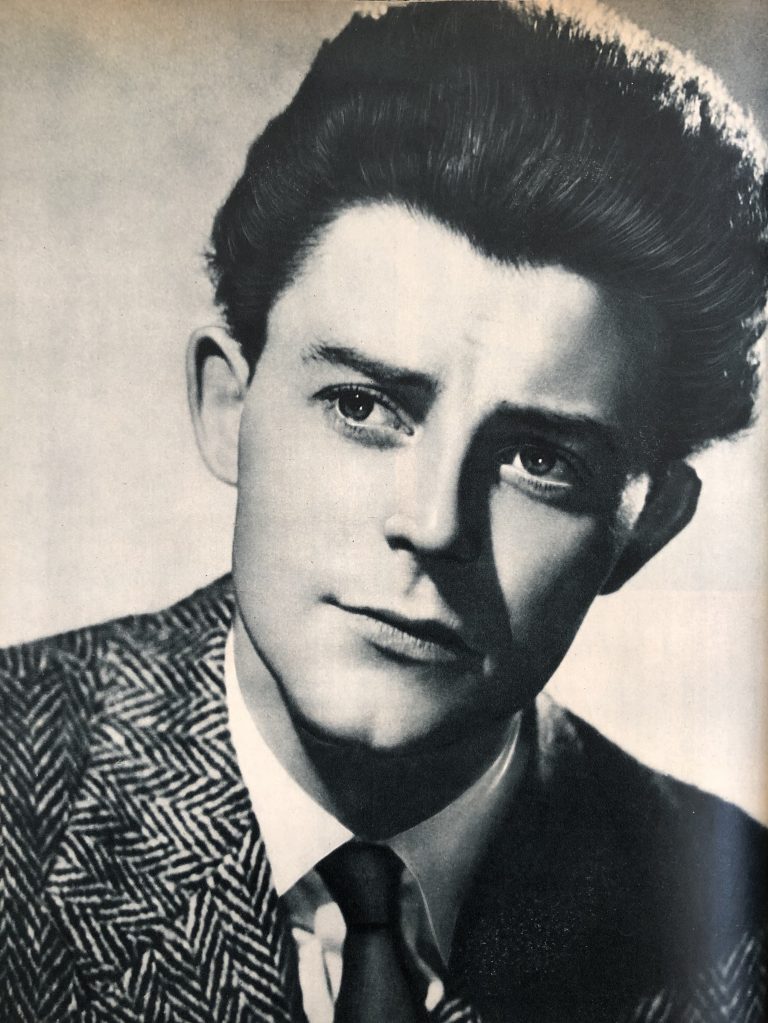
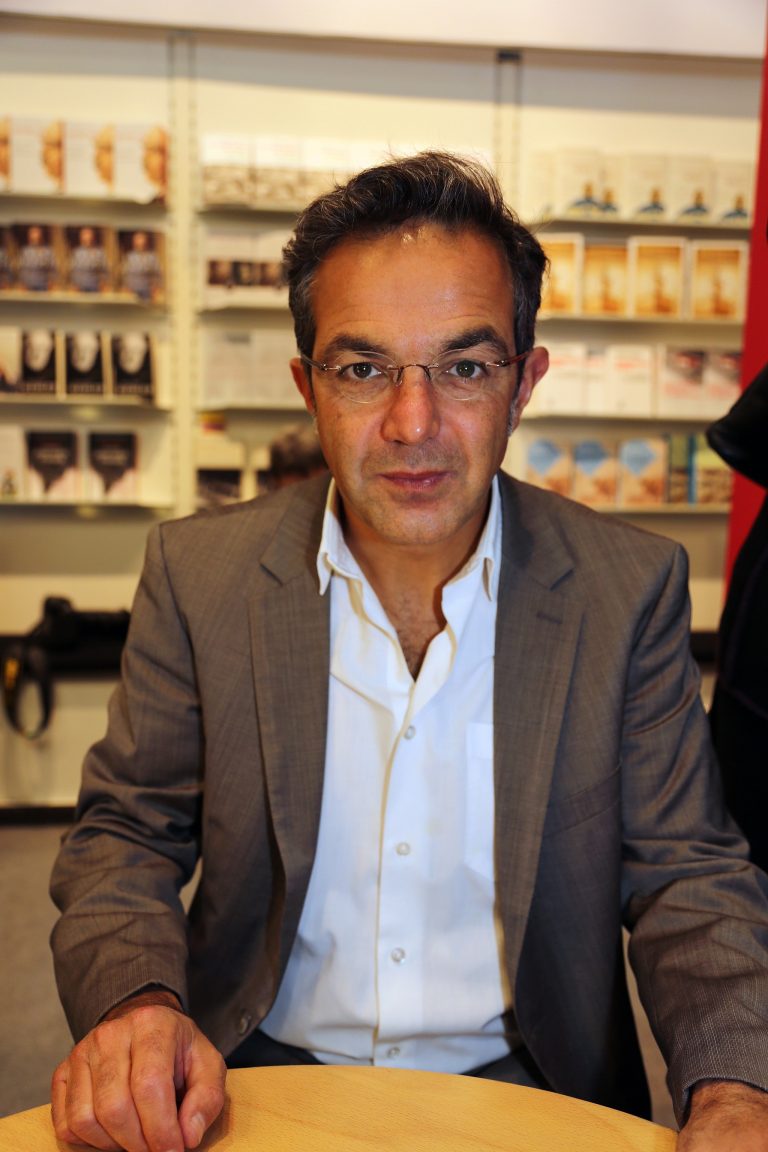
The Other
When Navid Kermani speaks, I listen. Few commentators have his breadth of perspective and depth of culture, not to mention his elegant style. In a recent article in Die Zeit, ostensibly about German troops’ withdrawal from Afghanistan, he argues for the rebooting of politics beyond demagogy and simple answers. There, must, he says, be a space between non-involvement and warfare. It should be the realm of politics, engaged to seek solutions in seemingly hopeless situations, to conquer indifference, to foster exchange and shared effort for good through clearheaded thinking, persistence, and patience. ‘Politics stands for an interest extending beyond one’s own sphere, embracing what is other, if only for the simple, selfish reason that we cannot keep our prosperity and peace as long as suffering and violence reign elsewhere in the world. The other then becomes our own in the form of refugees, attacks, and terrifying prospects, the effort to sustain which destroy our soul and the civility of our commonwealth.’
Freedom
‘Ought we not to leave the free-born mind of man still ever free?’ The question is posed by Didymus, a Roman soldier, in Handel’s oratorio Theodora, with a libretto by Thomas Morell. Handel considered it one of his major works. It has been unjustly forgotten. This week’s Paris production, with a stellar cast, was a welcome resurrection. The drama is set in Antioch, during the reign of Diocletian. All citizens, on pain of death, are ordered to take part in pagan rites. For the Christian Theodora, the matter is clear: there is no room for compromise, though she is nonetheless a loyal subject. Valens, the emperor’s governor, scoffs: ‘They are not Cæsar’s friends, who own not Cæsar’s gods.’ These were the terms of play during centuries of persecution. What happens when Caesar, be he embodied in a social democracy, no longer has gods? What space is left, socially and politically, for those who do? In Theodora, the confession, ‘I am a Christian’, is an ultimatum. It makes one think.

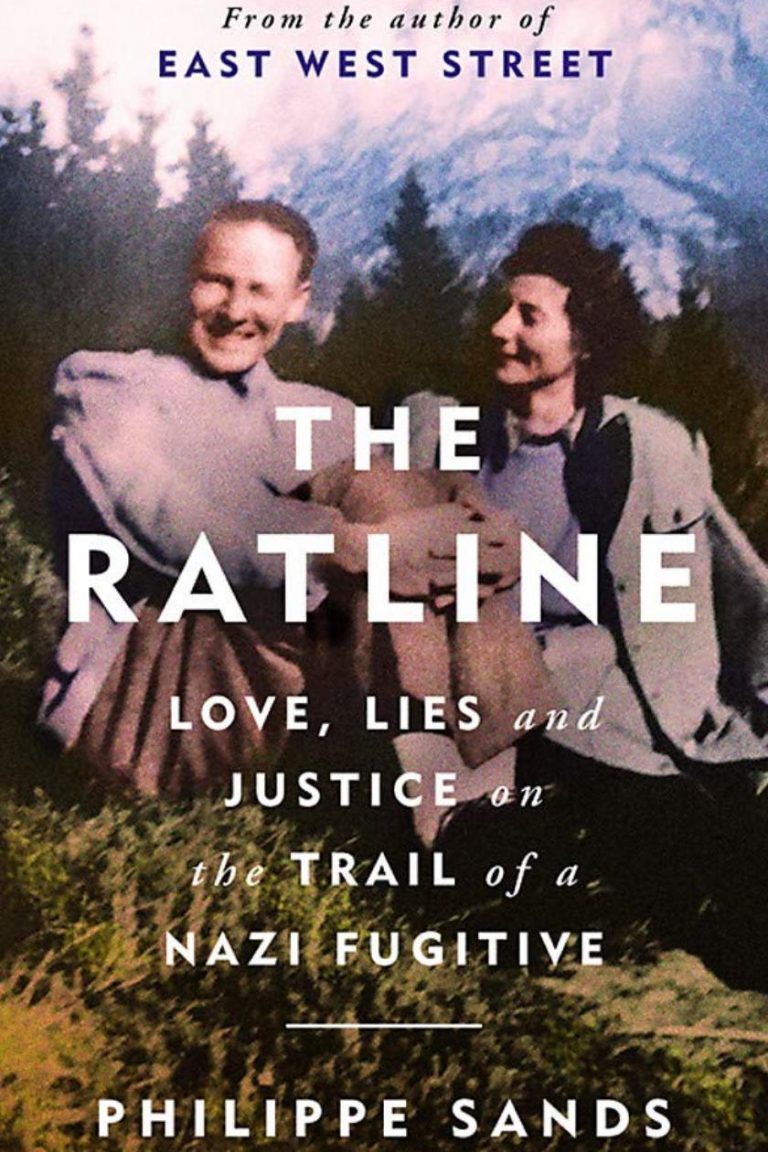
Secret Depths
Anger simmers through Philippe Sands’s book, occasionally sending the lid of the narrative flying, but never for long. The story returns to containment within a carefully conducted forensic enquiry in what has become an engrossing book.
It offers, as Rebecca Abrams wrote in the FT, ‘a timely reminder that crimes against humanity don’t occur only at the level of states and governments. They take place also in the more secret and less fathomable depths of people’s hearts and minds.’
It shows furthermore the lengths to which people may go to redeem the memory of those they love (and thus their sense of self), the stakes of collusion with injustice, the perversions that occur when high, even transcendent, ideals are submitted to politicking. Sands provides us with something of a universal parable, full of relevance for the present time.
Humour
‘Humour has something liberating about it. […] Humour is not resigned; it is rebellious. It signifies not only the triumph of the ego but also of the pleasure principle, which is able here to assert itself against the unkindness of the real circumstances.’
Sigmund Freud, Der Humor, 1927
I am not sure what Freud would have thought of this advertisement, but he would surely have approved of the principle it represents: good-natured, liberating humour in the middle of a busy cityscape, at a time when many people are anxious about many things.
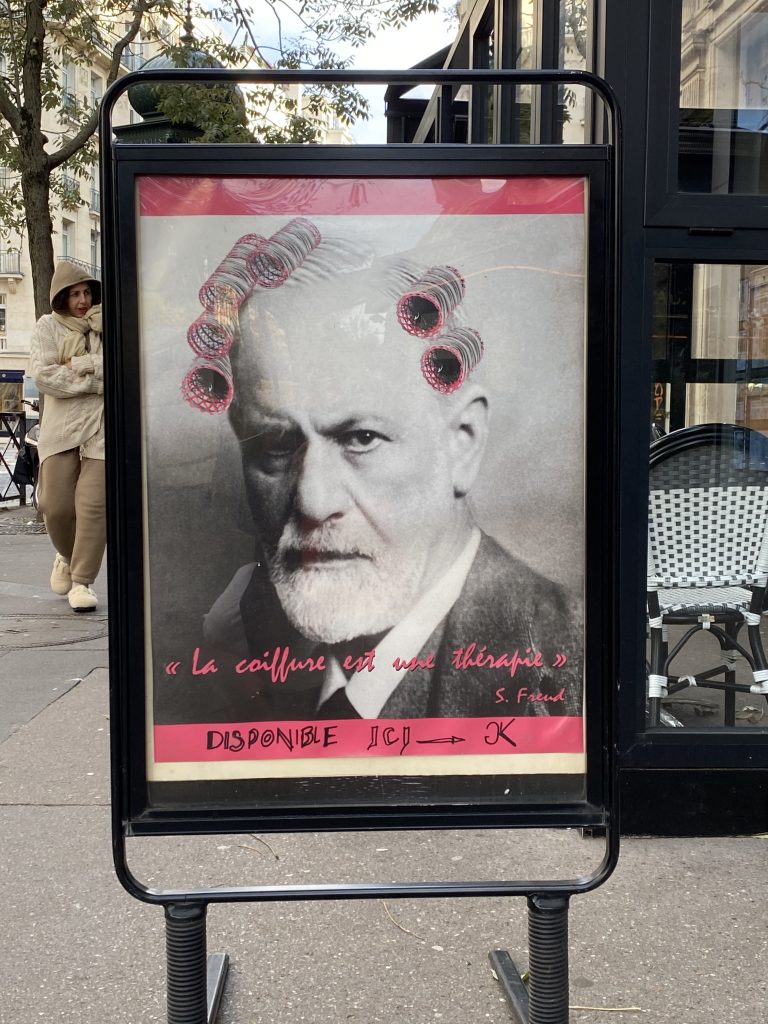
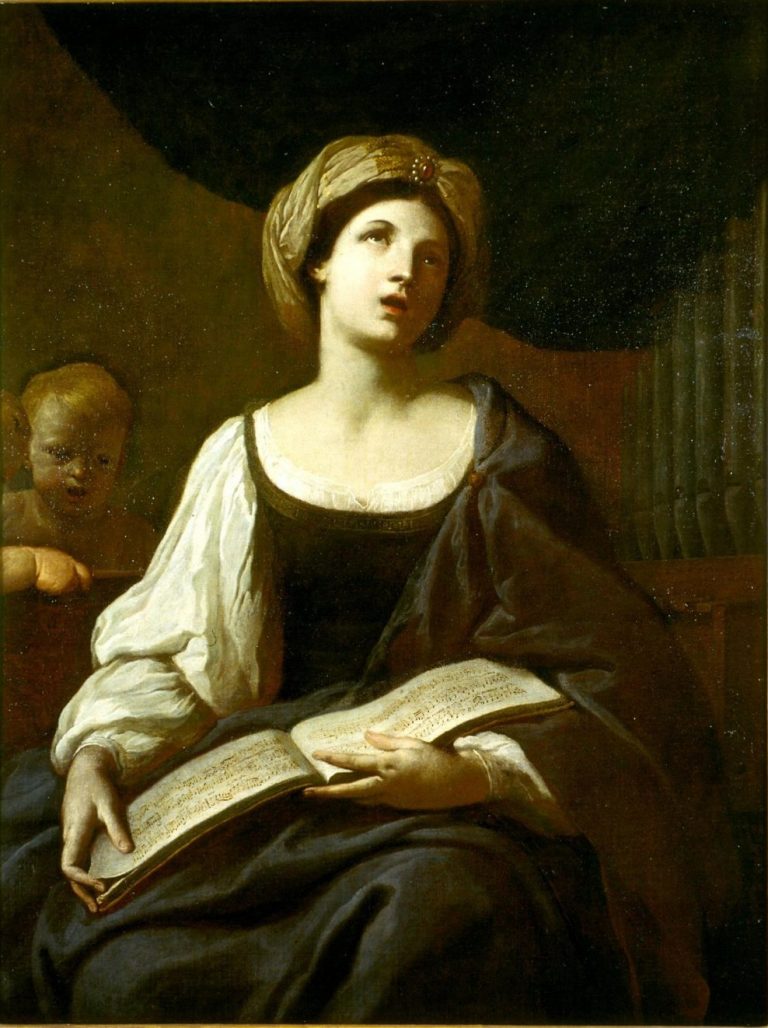
St Cecilia
On pilgrimage in Rome in 1887, Thérèse Martin (whom we think of as St Thérèse of Lisieux), paid a visit to the abbey of St Cecilia in Trastevere. She had assumed that Cecilia was patron of music because she had sung prettily. She discovered that, no, the reason was another: the proclamation had been made ‘in remembrance of the virginal song of praise she sang to her Divine Spouse hidden in her heart of hearts’. At once Thérèse felt for her ‘the tenderness of a friend’ (A 61 verso).
The story of Cecilia, one of the Church’s early martyrs, has inspired countless works of art. Dear to me is this song, which I first heard recorded by La Trova de Las Faez. The composer, Manuel Corona, was a bohemian. The text is not very devout. But it shows how the legacy of a saint can saturate the consciousness of a culture in such a way that it becomes the obvious prism through which to imagine, consider, and interpret deep experience.
On the Eve
Turgenev’s novel is set on the eve of the Crimean War, but the title refers no less to the experience of the young heroine Yelena, whom we follow from adolescent indecision to steely resolve. There is nothing contrived in this portrait. When, halfway through the story, Yelena asks, ‘What’s the point of youth? What am I living for? Why do I have a soul? What is all this for?’, her suffering is palpable. It accounts for her attraction to the Bulgarian patriot Insarov: ‘When he talks about his homeland, he grows and grows, his looks become finer and his voice like steel, and it seems then that there is no one in the world before whom he would lower his gaze. And he not only talks – he has done things and will do things.’ Yelena, too, ends up doing things. A powerful account of growth and resolution.
